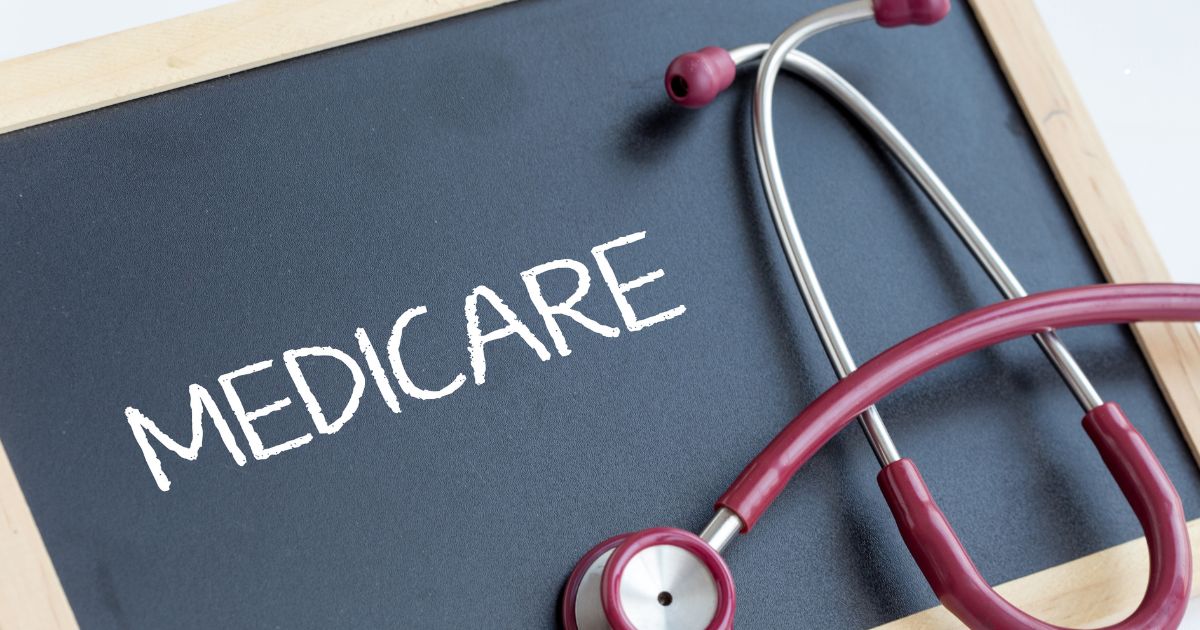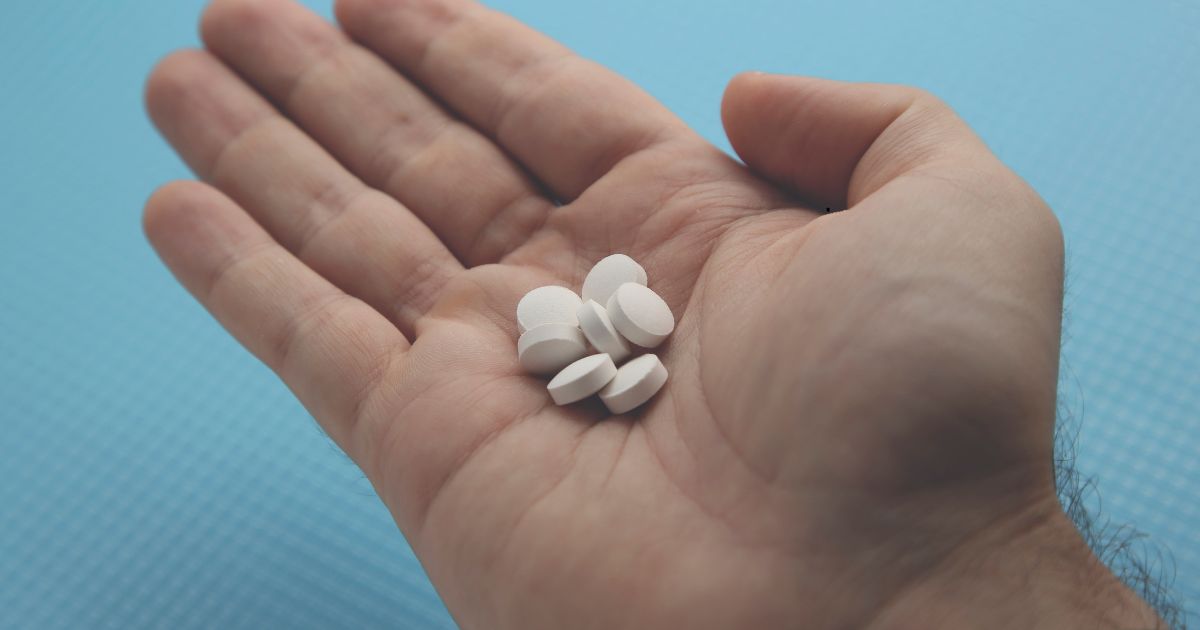Shame and guilt are two self-conscious emotions that are typically seen as negative experiences. That being said, all people experience them. In fact, shame and guilt are incredibly common in addiction and recovery. It’s important to know about each emotion and how both can impact your sobriety.
Understanding the difference between shame and guilt—and how to manage them—is key to maintaining positive self-evaluations and healthy relationships with others.
What Is Shame?
Shame is an intense emotion that is felt when you believe you have failed to meet others’ expectations or standards. People typically experience it as highly unpleasant. Shame can make you feel self-conscious and exposed and judged by others. In fact, shame can feel so strong that some people avoid social interactions or engage in risky behaviors in an attempt to numb the pain from it.
What Does Shame Feel Like?
Shame is an intensely personal emotion that varies from person to person. The way you experience the emotion is influenced by your individual values, beliefs, upbringing, culture, etc. Shame is often accompanied by other negative emotions that make it difficult to function.
Emotions that accompany shame may include:
- Humiliation
- Inadequacy
- Powerlessness
- Worthlessness
- Vulnerable
People who are experiencing shame often feel like they are bad people who do not deserve love or forgiveness. You may believe that you are fundamentally flawed and unworthy of happiness. Shame can be so painful that you may try to numb the feeling with alcohol, drugs, food, sex, or other activities feelings of shame can contribute to the onset of addiction and it can be a main trigger behind a relapse.
What Is Guilt?
Guilt is an emotion you may feel when you think you’ve done something wrong or hurtful. The American Psychological Association identifies guilt as a self-conscious emotion that stems from the belief that you’ve done something wrong. Guilt is often accompanied by a desire to take action or fix the wrongdoing.
When you experience guilt, your focus is on your actions and their consequences. With that said, guilt is often a more manageable emotion that leads you to right a wrong or seek forgiveness. According to June Tangney, Ph.D., “You feel guilt when only you know [what you’ve done]…When people feel guilt, they tend to focus on their behavior. Guilt is more proactive.”
In other words, feelings of guilt are more likely to encourage you to pay more attention to repairing relationships through positive social interactions. In doing so, you end up feeling better about healthier forms of communication.
What Does Guilt Feel Like?
The feeling of guilt, similar to shame, is a unique experience that is specific to the person feeling it. When experiencing feelings of guilt, you will likely feel remorseful for your actions and may seek ways to make amends.
Guilt is often accompanied by emotions including:
- Disappointment
- Anxiety
- Remorse
- Regret
- Responsibility
People who feel guilty may believe that they are good people who have done a bad thing, rather than feeling that they are bad people. As a result, feelings of guilt can encourage you to take measures to ensure that you don’t repeat the same mistake in the future. For the most part, guilt motivates you to change your behavior to regain a sense of peace or balance in your life.
The Difference Between Shame and Guilt
Shame is different from guilt in that it is focused on the self rather than on specific actions. In other words, people who feel shame believe that they are bad. On the other hand, those experiencing guilt believe that they have done something bad.
For the most part, the difference between shame and guilt boils down to the emotion’s usefulness. Guilt is seen as a useful emotional experience because of its potential for growth and behavior change. Shame, however, is commonly seen as a counterproductive emotion that harms your chances of positive change.
Research suggests that guilt motivates people to approach an issue and attempt to make amends. On the other hand, shame is more likely to trigger avoidant behaviors where you will distance yourself from your issues.
This is because guilt focuses on the consequences of poor decisions. Unlike guilt, which focuses on a specific action, shame focuses on the self which can result in avoidance and defensive behaviors. Moreover, while both emotions can be accompanied by feelings of inadequacy, it’s not as all-consuming for those experiencing guilt versus shame.
Signs of Shame and Guilt
Although feelings of shame and guilt can vary from person to person, there are some universal signs associated with these emotions.
Signs of shame and guilt include:
- Avoiding eye contact
- Lowering their head
- Crossing their arms
- Fidgeting
- Stuttering
- Blushing
That being said, the signs of shame and guilt may look the same but occur for different reasons. For example, people who feel ashamed will often avoid eye contact while crossing their arms to protect themselves from judgment. They may also blush or stutter when talking to others while trying to escape punishment.
Alternatively, if you are feeling guilty you may also avoid eye contact or keep your head down out of remorse. However, you may fidget with your hands or arms to self-comfort during a confrontation. If you’re having difficulties processing the situation, you may begin to pace as you try to work through your feelings. It’s also common for you to seek comfort from others or apologize for your actions when experiencing guilt.
Are Shame and Guilt Always Bad?
Everyone’s been there—feeling guilty and ashamed of something done or said. Maybe you made a mistake at work, said something hurtful to a friend, or just didn’t live up to your own standards. Whatever the case may be, shame and guilt are two emotions that all people experience from time to time.
Though these emotions generally feel negative, they serve an important purpose in leading a healthy social life. Guilt motivates us to apologize for our transgressions and make amends with those we’ve harmed. Shame, on the other hand, is a bit more complex.
Shame is often described as a “toxic” emotion because it can lead to negative self-evaluations and harmful behaviors like addiction, eating disorders, and depression. It can also increase a person’s risk for relapse after seeking treatment for addiction and mental health disorders. Fortunately, there are ways to manage guilt and shame to avoid toxic and negative self-evaluations.
How to Stop Feeling Guilty or Ashamed In Recovery
To overcome shame and guilt, you must first understand where it comes from. Oftentimes, people feel guilty or ashamed because they believe they are not meeting some arbitrary standard set by society, their family, or even themselves. In reality, these standards are often unrealistic and unattainable. When it comes to substance abuse, you may be weighed down with guilt and shame surrounding drug-seeking behaviors. Once you realize that you are not alone in feeling this way, it will be easier to let go of the shame.
Another helpful strategy for overcoming guilt and shame is to talk about your feelings with a trusted friend or family member. This can be difficult to do, but it’s important to remember that you are not alone in your struggle. Talking about your feelings will help you to understand them better and make them more manageable. Additionally, your friend or family member can provide support and guidance as you work through your feelings of guilt or shame. Sober support systems are there to lean on in times of self-doubt, so lean on the people who love and care for you by sharing your feelings of shame and guilt.
Finally, it’s important to practice self-acceptance and compassion in recovery. Beating yourself up will only make things worse. Instead of dwelling on your mistakes, focus on the positive things in your life. Forgive yourself for your mistakes and know that everyone makes them. Remember that you are only human and that you deserve compassion and understanding, just like everyone else does.
Reach Out
Shame and guilt are two self-conscious emotions that everyone will feel several times throughout their lives—but they can create distress and dysfunction if left unchecked.
If you or a loved one is struggling with feelings of guilt or shame that have led to substance abuse, give us a call at 866-881-1184. Remember that you’re not alone—we are here to help.










